A type of food poisoning which is more prevalent than salmonella has been at sustained high levels across Europe over the last few months.
Campylobacteriosis is one of the most commonplace food borne causes of illness, and yet the wider public is often unaware of just how prominent the virus is.
Statistics from the European Food Safety Authority (EFSA) show that there are close to 215,000 cases reported in Europe alone – that’s nearly 10 times more than salmonella.
Most common food borne illness
“With 214,779 cases, campylobacteriosis remains the most commonly reported foodborne disease in the EU. In food, the causative agent, campylobacter, is predominantly found in chicken meat,” the EFSA stated in a January 28 press release.
There are two ways to best tackle the threat posed by the virus. Firstly, it is imperative that anyone in the catering industry uses accurate thermometers to ensure that poultry is thoroughly cooked through.
Secondly, it is hoped that companies in the food processing sector can implement more stringent practices. Outcry in Ireland has been particularly notable after the country endured a 14 per cent year-on-year increase in cases of the virus.
“If the industry – from producer right through to retailer – comes together to put in specific measures to reduce the level of campylobacter on poultry like it did for salmonella, it would have a positive impact on the number of people becoming sick,” said Food Safety Authority of Ireland director of food science Dr Wayne Anderson.
Serious and life threatening
Speaking with the Irish Independent, Dr Anderson went on to explain that the way salmonella was dealt with in the past is providing a blueprint for tackling this virus.
“A similar effort [to the one which limited salmonella outbreaks] is now required to reduce campylobacter infections which can be serious and life threatening in vulnerable people,” he concluded.
Food industry professionals in all countries should follow best practices at all times if the effects of viruses such as campylobacter and salmonella are to be limited.
The penalties which can be imposed on any business which doesn’t follow the applicable guidelines can range from financial to complete closures in the worst cases. To that end, implementing a device such as the testo 106 Digital Thermometer is applicable to any company that needs to better track the temperature of foodstuffs.
Capable of two measurements per second and offering water resistance, the unit is accurate and robust in equal measure.






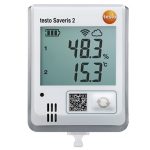
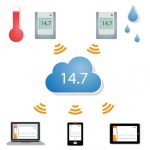

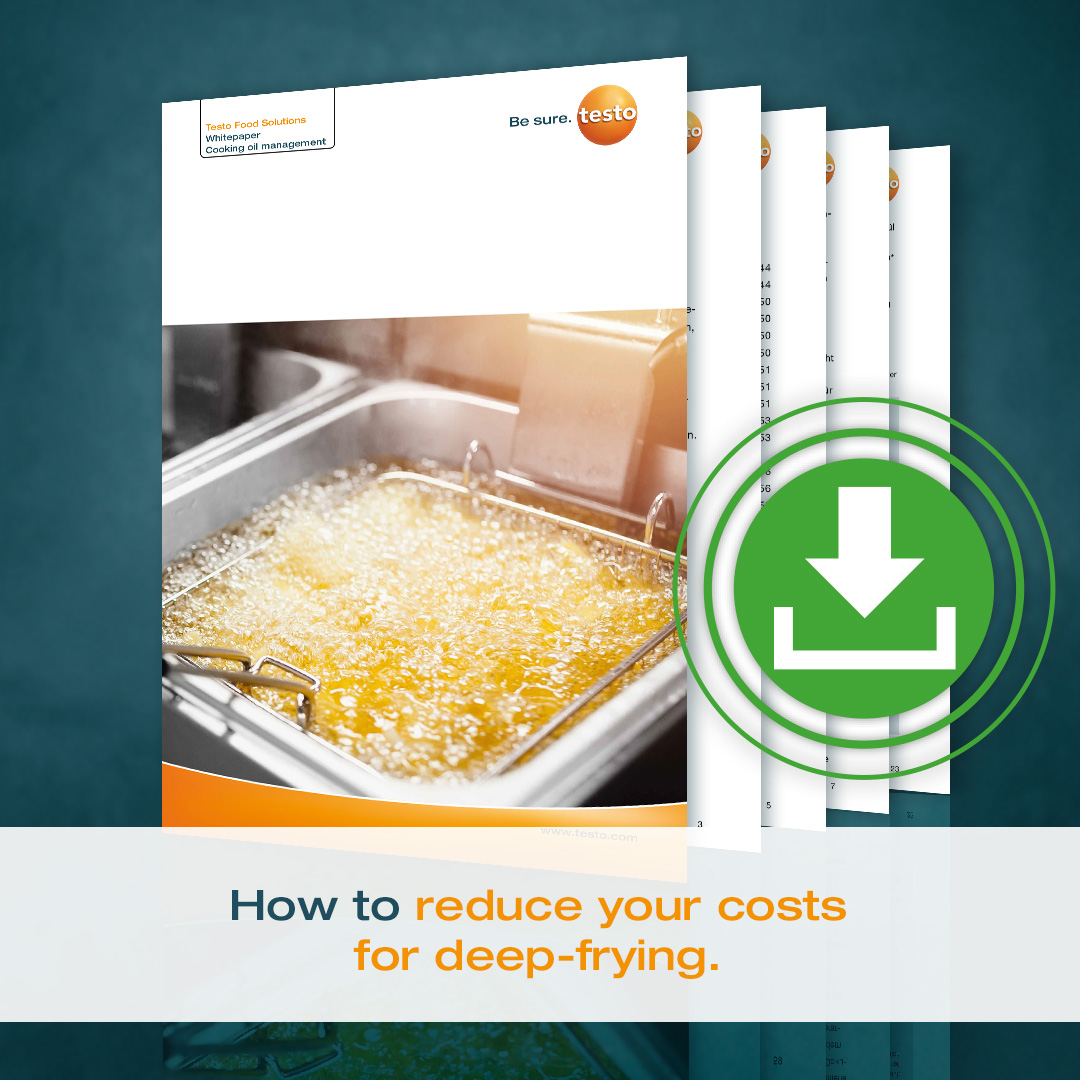 Reduce cooking oil costs while ensuring quality
Reduce cooking oil costs while ensuring quality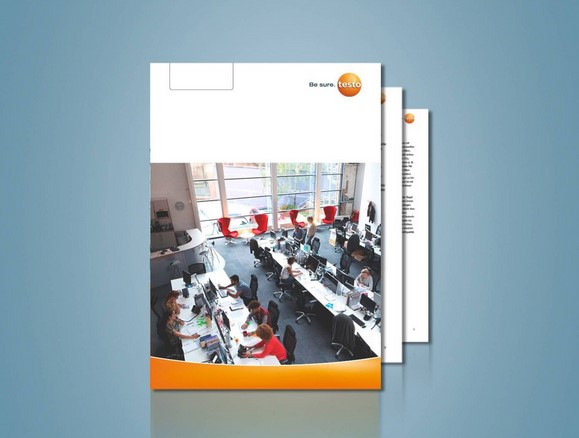 Expert knowledge on CO2 monitoring
Expert knowledge on CO2 monitoring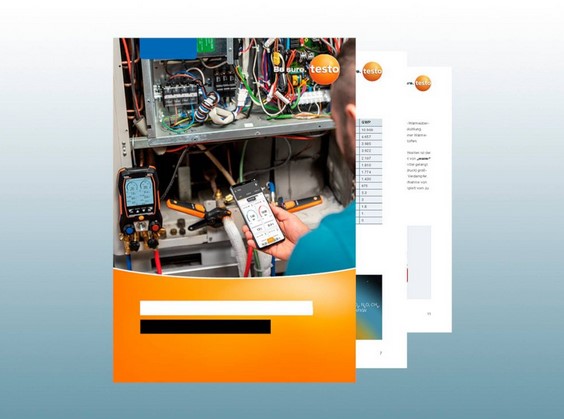 Refrigeration knowledge - in 3 modules
Refrigeration knowledge - in 3 modules



